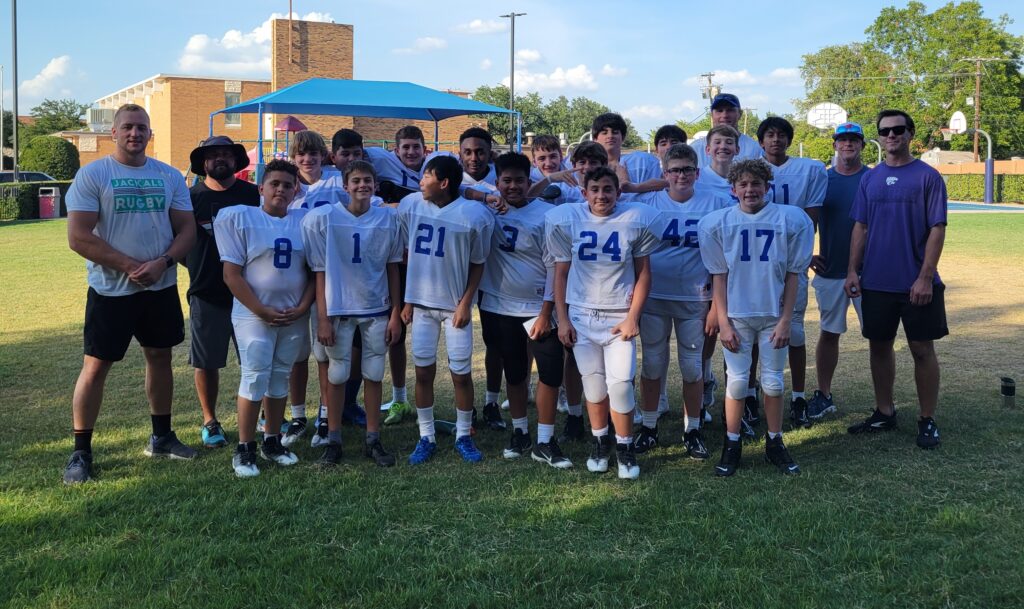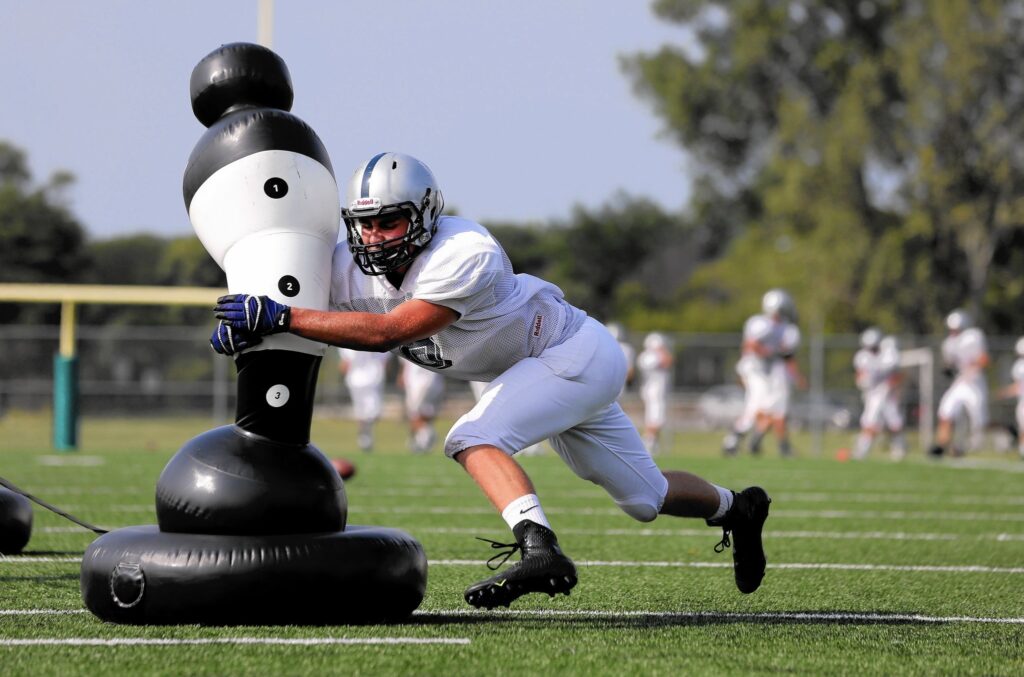Courage comes into play a lot when you are coaching or training for a sport. Is courage something that you can coached? Or is it simply something you’re either born with or not?
Well for a short answer… Yes.
Just like anything else, courage also can be coached. Courage is a very individual characteristic that is developed at different ages and at different speeds. That speed can slow down or speed up drastically when you are going through puberty or a growth spurt.
But let’s break down courage and where it comes from so that you can better understand how courage can be coached.
Courage is defined as the ability to do something that frightens you. And, that makes courage truly dependent on each individual. What might take courage for one person, could be a simple walk in the park for another.
Does Nature or Nurture play into how courageous a person is?
Firstly, what is the main argument between nature vs nurture? It’s a common discussion and research topic where people are trying to define whether or not human behavior is developed using nature (genetics) or nurture (essentially how we are raised). It’s a common discussion for people to bring up when it comes to courage.
Are we more courageous because of our genetic makeup or because of how we are raised?
Personally, I think both factors play into our courage. Courage is going to come as a child when we have to face something in our environment that scares us. And some of us are going to grow up in an environment where we face more of our fears.
That being said, I also believe that our guardians can teach us courage. Through examples of their courage, we can grow and gain the courage of our own.
A lot of arguments are made about exactly where our courage comes from. And while some argue that we aren’t born with it, we should agree that you can be coached into having more courage. But what does this have to do with contact sports? And what on earth does it have to do with tackling?
Courage is a huge part of becoming a good tackler. Just like technique and athleticism, it is something that can be developed over time. Courage can be just as important when it comes to contact sports as both technique and athleticism, which are vital to being a successful player.
Should coaches focus on teaching their players courage? 100%. If a coach wants their team to be successful, they need to be teaching their players how to have more courage. Players need to have the courage to know when and how to tackle and they need to be able to trust in their abilities in order to properly execute their techniques. This all comes from courage.
Alright, it’s clearly important for players to be learning courage. Which is why I’ve determined 5 ways that you can coach courage to your players. Let’s find out what they are.
5 ways that you can coach courage
1. Use a progression of drills/exercises to build confidence. Start very basic and gradually build intensity over time.
Using progression is an amazing way to not only build up a player’s confidence but also their courage. The more comfortable with a move or tackle that they are, the easier they’ll be able to progress to a tackle that scares them. That progression will build a level of courage in each of your players that will make them stronger. Start tackling from a static position, and then progress to walking, jogging, and finally running, when the time is right.
2. Encouragement, not negativity.
It’s so important to remember to coach your players with encouragement. Encouragement from their coach and fellow players will help to give them the courage they need for difficult tackles. When a player feels encouraged, they’re going to feel more confident in their moves. This added confidence will also add a level of courage that encourages them to step it up to something that may have scared them.
3. A bit of tough love.
It is important to get players out of their comfort zones. As a coach, you need to know when it’s the right time to place a player out of their comfort zone and when to pull back. This should be done as much as possible but not to the detriment of having the opposite effect of what you are trying to achieve. Let players know they shouldn’t be afraid of failing. And like I mentioned above, give them the encouragement they need to try even after they’ve failed.
4. Physical development.
As your players grow and get stronger, the increased athleticism will improve their confidence massively. The players will grow in size but also in strength and coordination and these aspects of the sport will help them have more courage on the field.
5. The 3 P’s: Practice, Patience, Perseverance.
Like everything else, courage doesn’t improve overnight. It takes the 3 P’s: Practice, Patience, Perseverance. You should always be encouraging your players to continue to practice, have patience in themselves and persevere. But this means that you also need to have patience and practice with your players.
We are, after all, talking about how you can coach courage, so it’s just as important for you to be patient, practice and persevere with your players.
Keep in mind that courage is just as important as other aspects of contact sports. You need to be constantly coaching your players on how they can be more courageous on the field and when executing their tackles.
Remember, coaching courage means that you need to practice, encourage your players and know when it’s the right time to get them out of their comfort zone. When you invest your time and energy into coaching with these techniques, it will pay off on the field when your players are able to make the tackles as needed.
I hope that these tips help you to coach your players to have more courage, starting today.




